Music Therapy (B.M.)
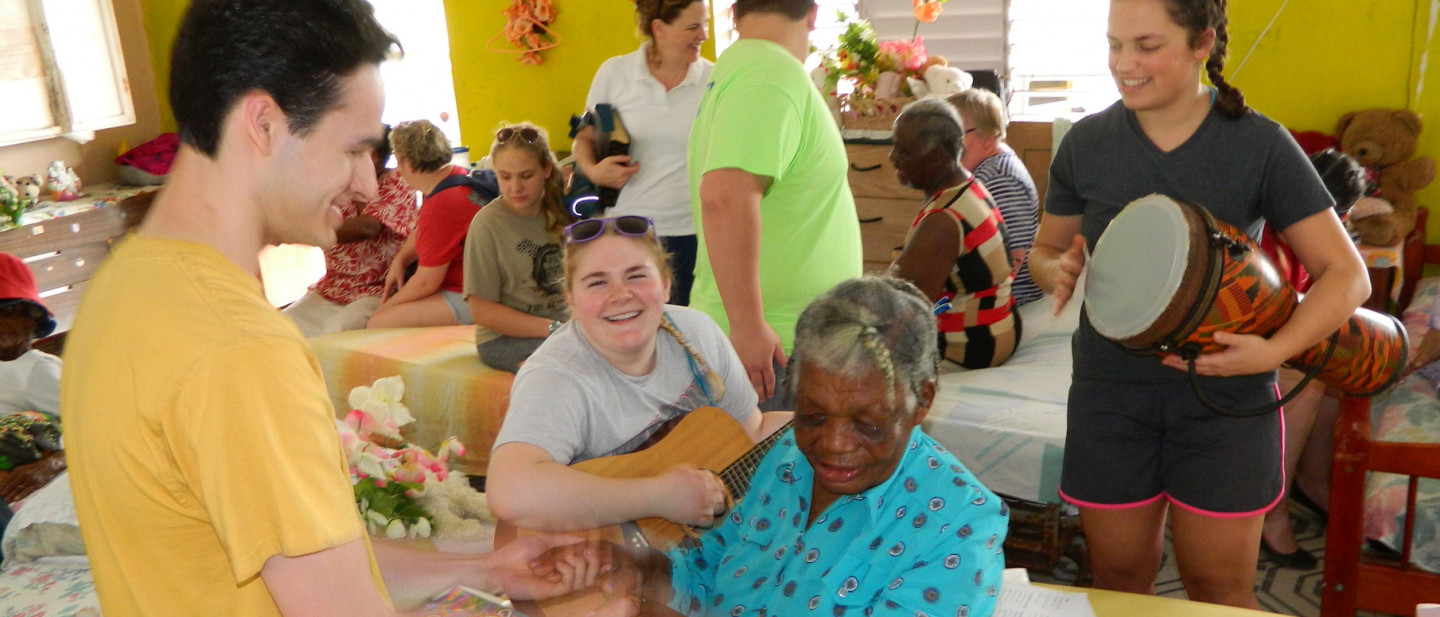
Healing Through Music
Seton Hill University's Music Therapy (B.M.) Program will prepare you to engage clients in the healing process, using your own unique musical capabilities. At Seton Hill, you will learn to:
- assess a client's emotional well-being, physical health, social functioning, communication abilities and cognitive skills through musical responses, and
- develop a treatment plan to address client's needs.
Seton Hill's Music Therapy Program is accredited by the American Music Therapy Association (AMTA) and the National Association of Schools of Music (NASM).
Why the Music Therapy Program at Seton Hill University?
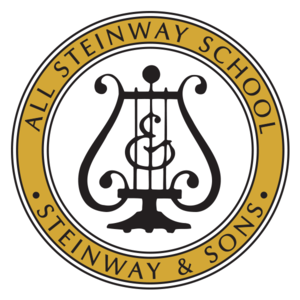 As a student in Seton Hill's Music Therapy Program, you will have opportunities to work in real-world settings and situations as you gain the experience needed to become a competent music therapist. At Seton Hill, you will:
As a student in Seton Hill's Music Therapy Program, you will have opportunities to work in real-world settings and situations as you gain the experience needed to become a competent music therapist. At Seton Hill, you will:
- Hone your musical skills through a Bachelor of Music Program that provides a deeper focus on the development of the musician clinician than a B.S. or B.A. in music therapy.
- Build a repertoire of therapy strategies that includes novel approaches - like the use of a modified approach to Dalcroze Eurhythmics to improve quality of life for Parkinson's patients and their caregivers.
- Participate in the care of clients through interdisciplinary treatment planning, ongoing evaluation and follow-up under the supervision of a board-certified music therapist.
- Be eligible to sit for the national examination offered by the Certification Board for Music Therapists upon receiving your undergraduate degree.
- Enjoy small classes and personal instruction by expert faculty.
- Form bonds with other music therapy majors through volunteerism, public performances, conferences, fundraising and advocacy events through participation in the Music Therapy Club.
- Learn in state-of-the-art facilities, including our Arts Center and Performing Arts Center.
- Experience the benefits of our Apple Distinguished School, including a MacBook Air laptop for all full-time undergraduates.
- Have the advantage of learning in a program that is constantly evolving to meet the requirements of clients and the profession. Recent additions to the program include an emphasis on trauma-informed music therapy and opportunities to move forward in the "arts in healthcare" field with experience in the broader field of therapeutic music.
- Have the opportunity to participate in a full range of large and specialized ensembles offered through Seton Hill's Music Program.
Throughout this program, you will learn to design and facilitate music therapy sessions for individuals and groups using:
- Improvisation (piano, percussion, vocal)
- Songwriting
- Lyric analysis
- Receptive music listening & relaxation
- Structured movement (rhythmics)
- Adaptive music learning
- And more!
Seton Hill Faculty Are Practicing Music Therapists
Practical Experience
Clinical Practicum
Through Seton Hill's Music Therapy Program, you will observe and participate in music therapy experiences at various practicum sites. The majority of the time you will be working with either the music therapist on staff or Seton Hill Music Therapy Program faculty. In the rare cases where a board-certified music therapist is not available, you will work with a health professional in a comparable field. Practicum sites include:
- Special care nursery, similar to a NICU, Westmoreland Hospital (infants)
- Child Development Center (preschoolers)
- St. Anne Home (older adults; memory care)
- Highlands Hospital (adolescents and adults; behavioral health)
- Highlands Hospital Regional Center for Autism, partnership with Cleveland Clinic (children and adolescents)
- Community Living Care (adults; developmental disabilities)
- Merakey (children & youth; autism; intellectual and developmental disabilities)
- NewSong Center for Music Wellness (children, adolescents, adults; autism, Parkinson's, behavioral health)
New sites continually added!
Internship
Every Bachelor of Music in Music Therapy Program requires a 6-month internship. While this can add to the time it takes to earn the undergraduate degree, students who complete their B.M. in Music Therapy and internship are eligible to become board-certified and practice without the requirement of a master's degree. While Seton Hill music therapy students are encouraged to acquire an internship with an AMTA-approved site, local affiliated internships are available.
Affiliated Sites:
- Playnotes
- Masonic Village
- Three Rivers Community Care
- NewSong Center for Music Wellness
- Wesley Family Services
- Twin Lakes Rehabilitation & Skilled Nursing
Careers
According to the U.S. Bureau of Labor Statistics, therapy jobs are expected to continue increasing steadily. The median annual wage for therapists in 2023 was $57,120. To obtain the music therapist-board certified credential (MT - BC), you must complete Seton Hill's Music Therapy Program (including internship) and pass the national examination offered by the Certification Board for Music Therapists. Seton Hill's Music Therapy program has a 100% board certification pass rate, and a 100% career/graduate school placement rate.
Seton Hill's award-winning Career and Professional Development Center (CPDC) will work with you, your professors and local, regional and national employers to prepare you with the career preparation skills, internship opportunities and placement services that you need - as a student and after you graduate.
Audition
In addition to the University's requirements for admission, all music majors must successfully audition for Seton Hill's music faculty to be admitted into the Music Program.
Admissions & Aid
At Seton Hill University, we offer streamlined admissions requirements and a comprehensive aid program.
Want to know more?
Loading...
Ready to Take Your Next Step Forward?
Music Therapy News
View All Visual & Performing Arts News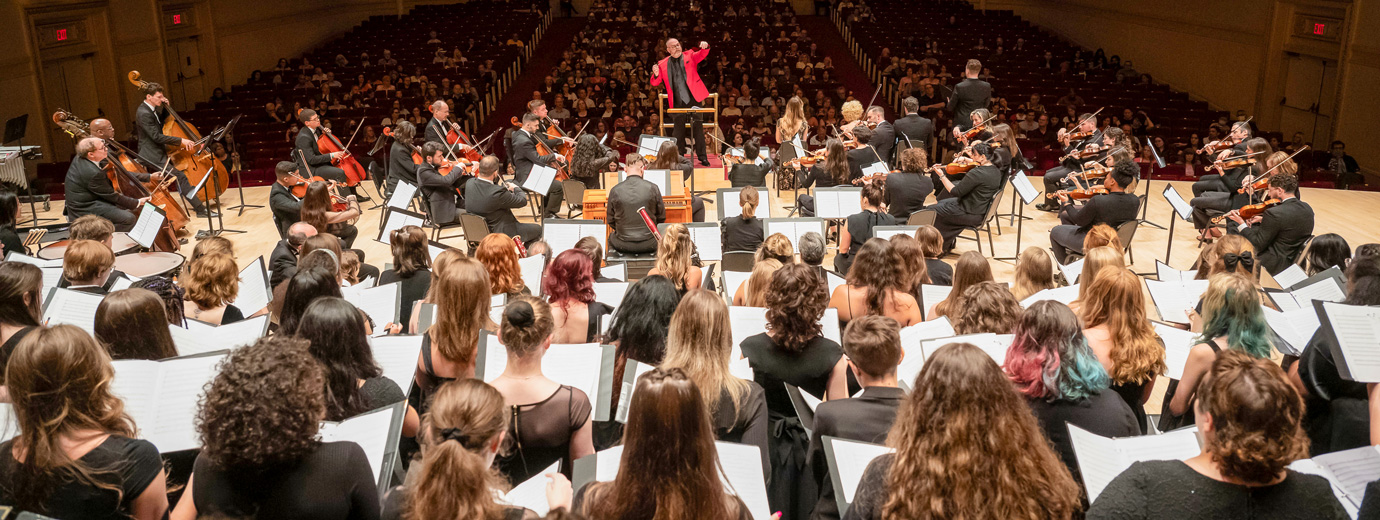
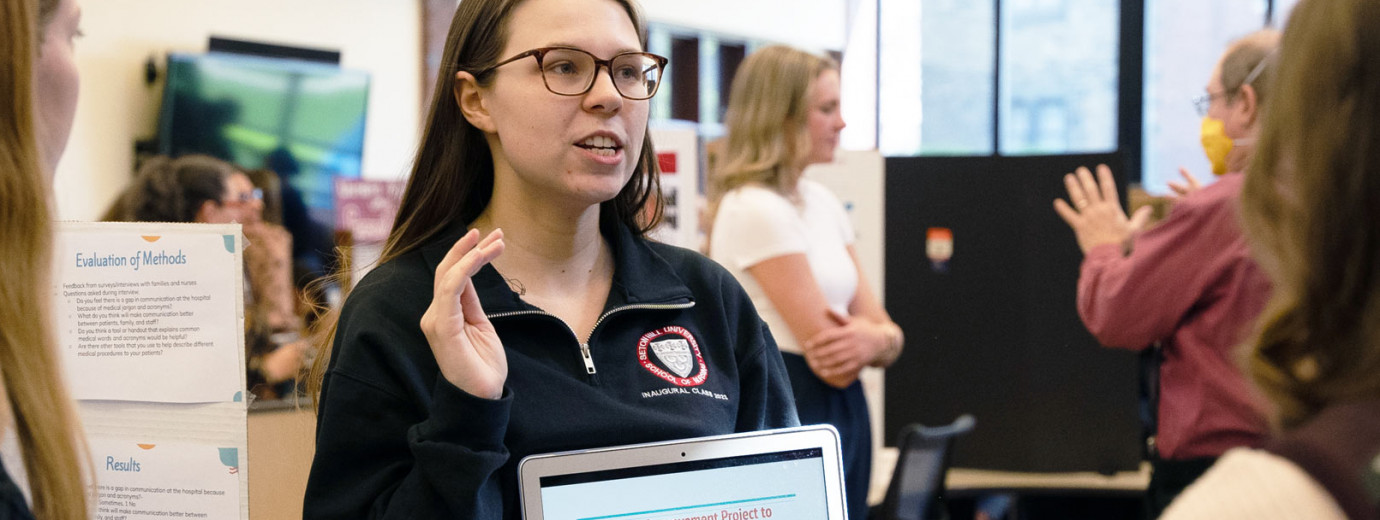
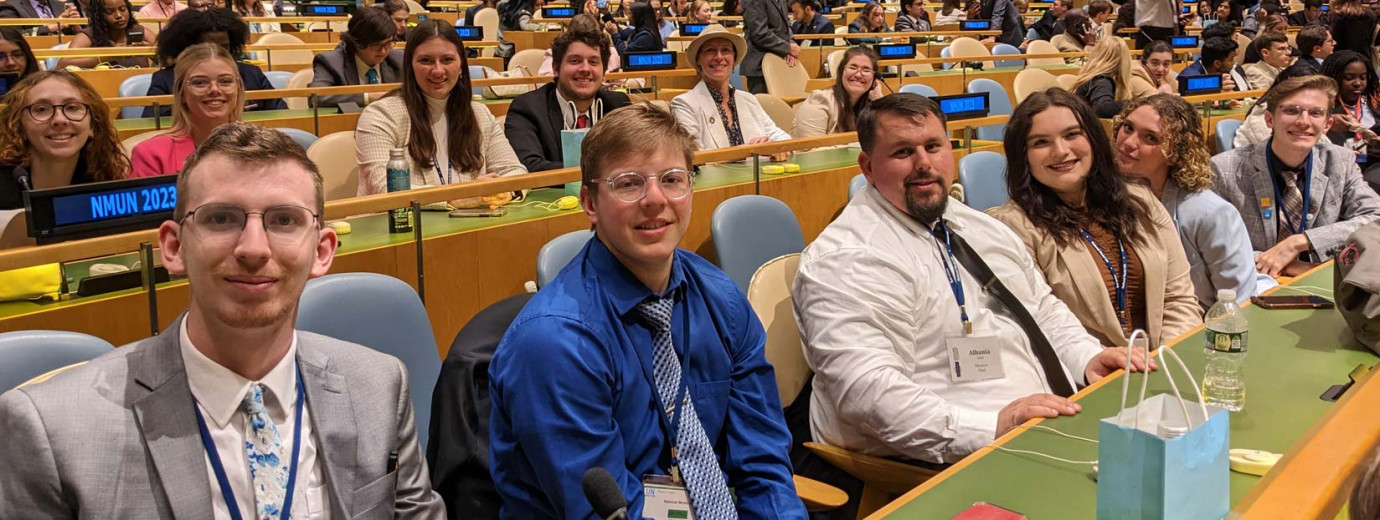
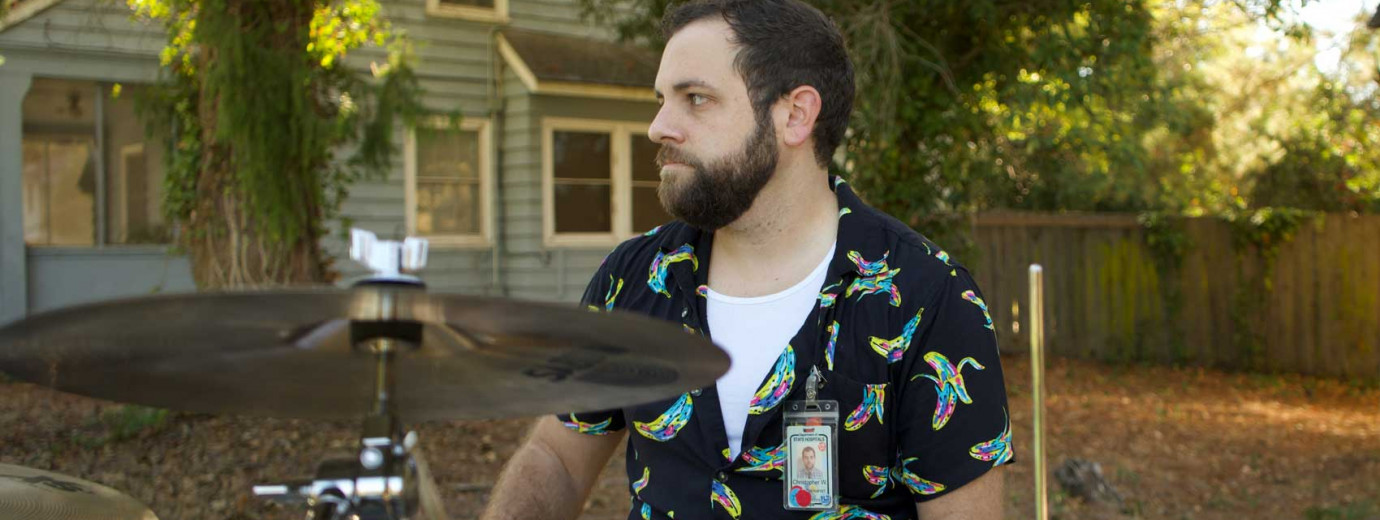
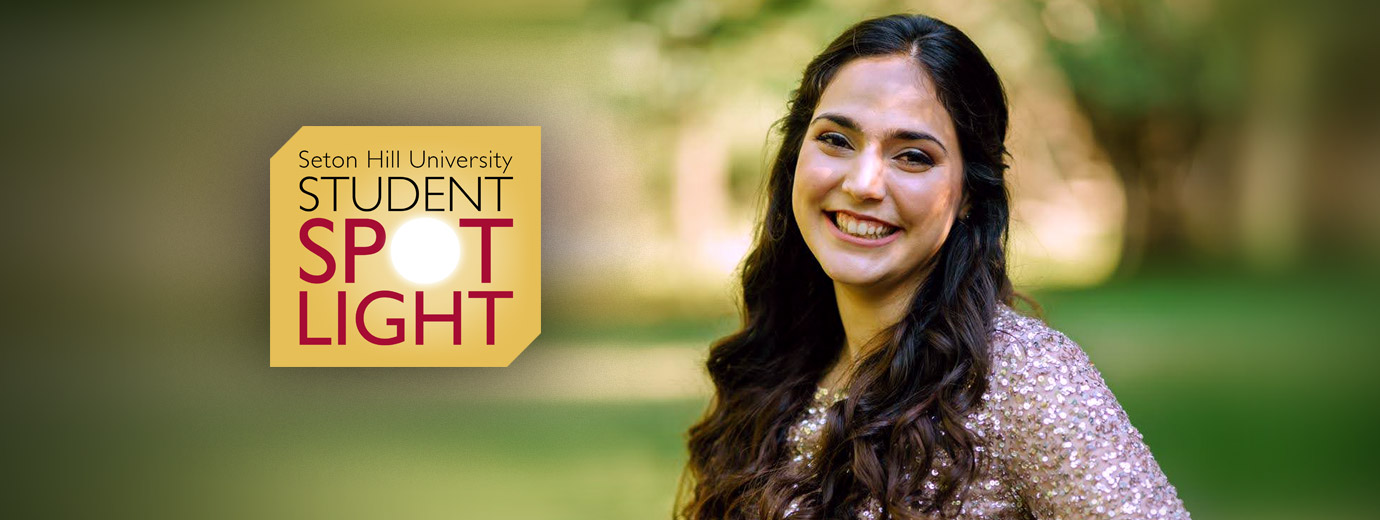
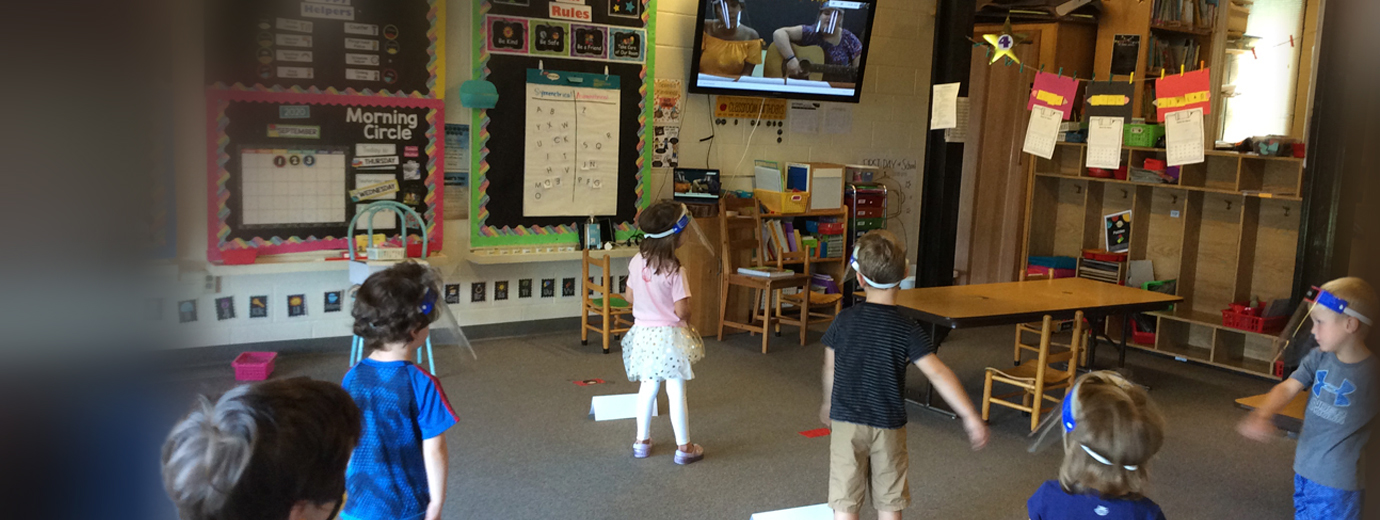
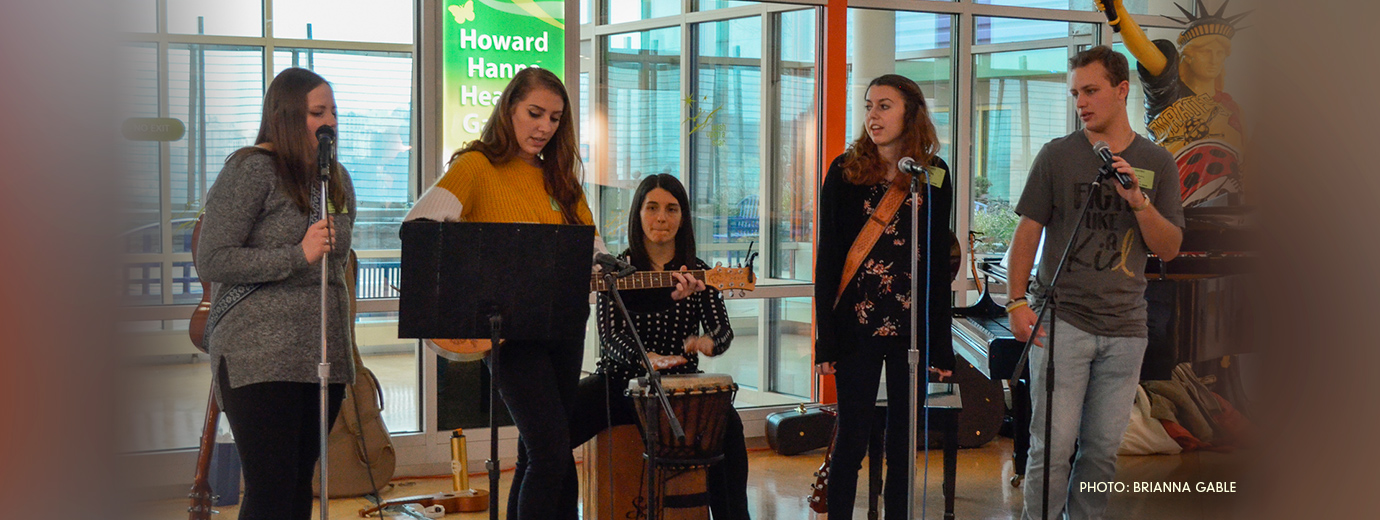
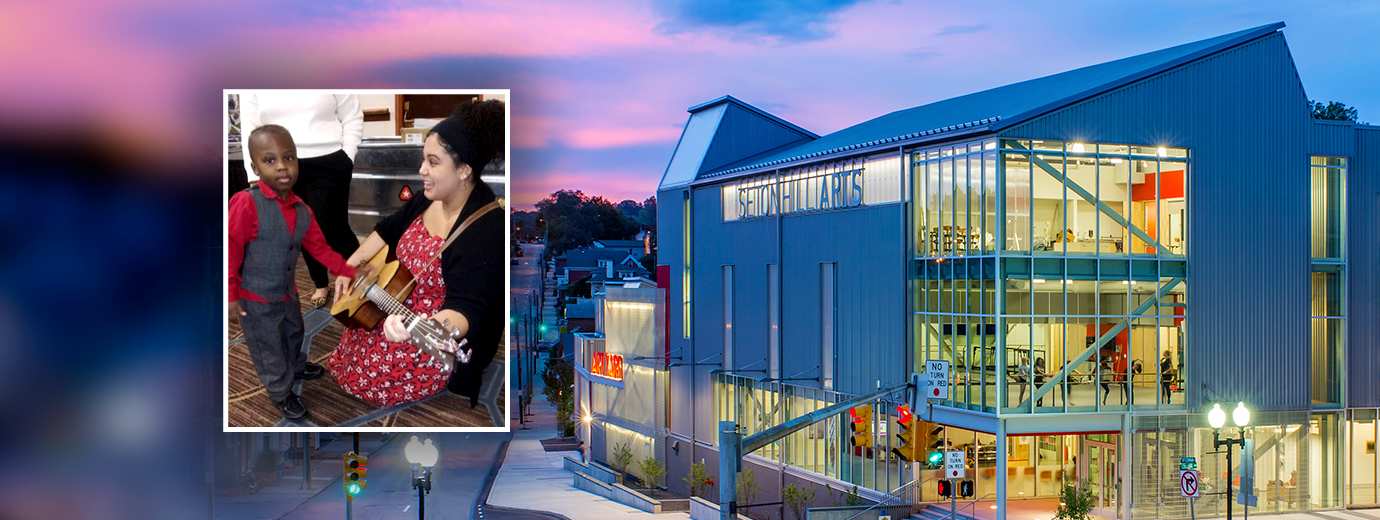
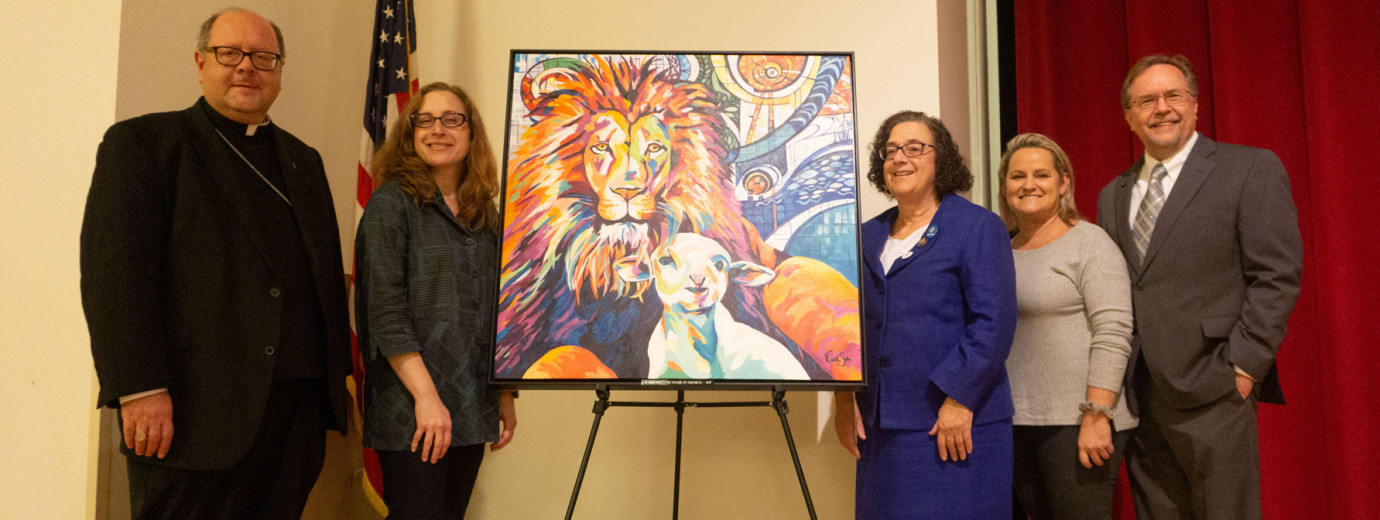
Faculty
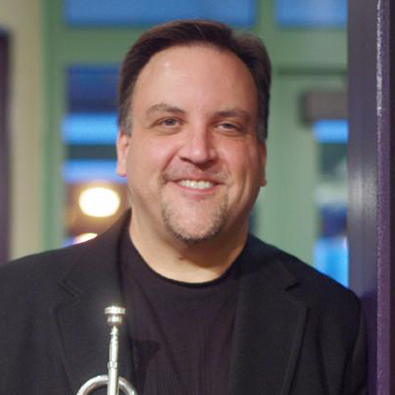
Ted DiSanti
Music Department Chair, Coordinator of Commercial Music, Associate Professor of Music, Trumpet
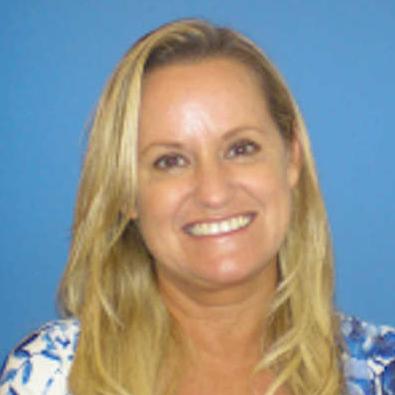
Laurie Fox
Coordinator of Music Therapy, Associate Professor of Music Therapy
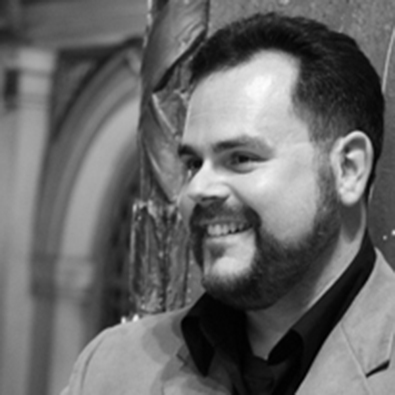
Mark A. Boyle
Director of Choral and Vocal Activities, Associate Professor of Music, Voice
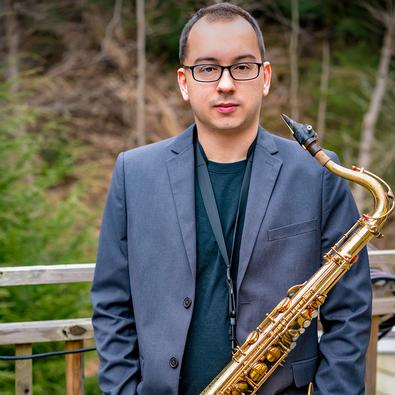
Clinton Bleil
Assistant Professor of Music
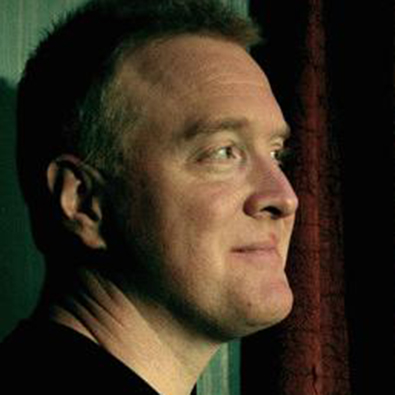
Thomas Glovier
Instructor of Commercial Music, Jazz Piano, and Jazz Theory
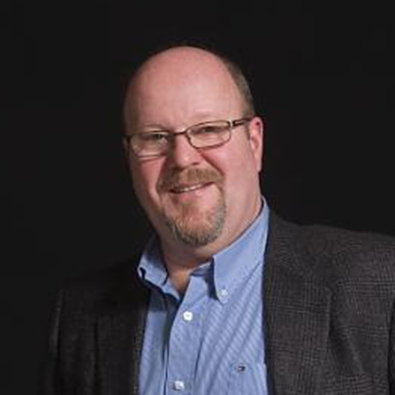
Edward M. Kuhn, Jr.
Associate Professor of Music, Piano
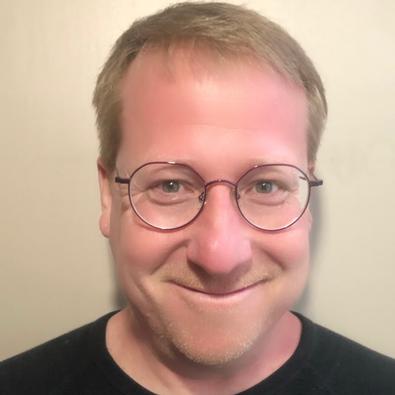
Ronald Heid
Instructor of Percussion
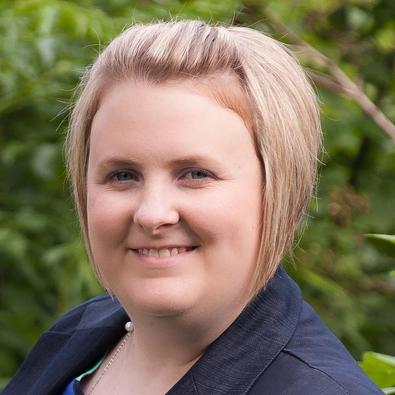
Sarah McMeekin
Assistant Professor of Music, Music Therapy
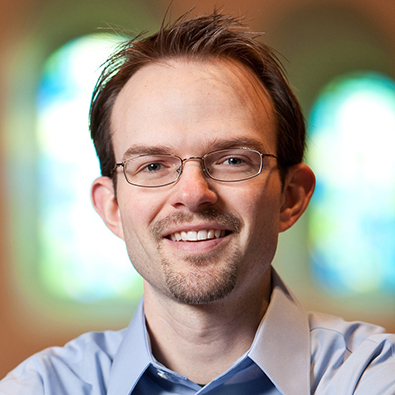
David Anderson
Instructor of Music Theory, Staff Accompanist
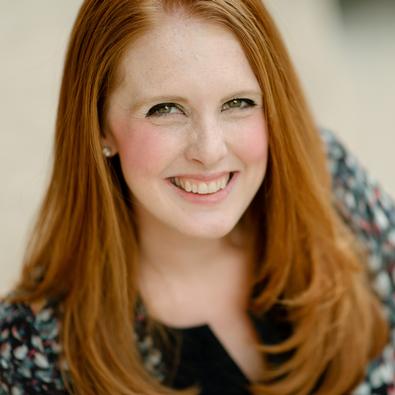
Jessica Vaughan-Marra
Coordinator of Music Education, Assistant Professor of Music, Oboe
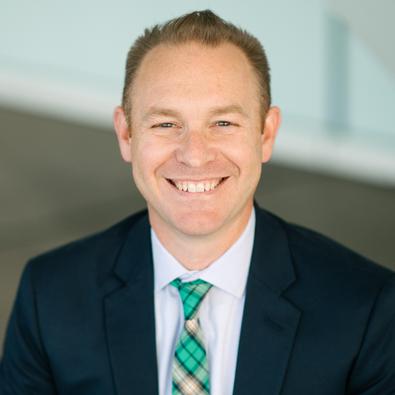
Christopher M. Marra
Director of Instrumental Activities, Assistant Professor of Music, Euphonium
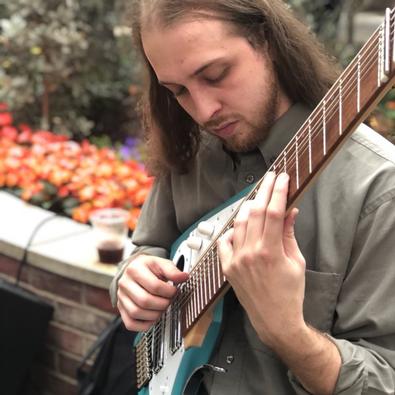
Raymond Myers
Instructor of Guitar